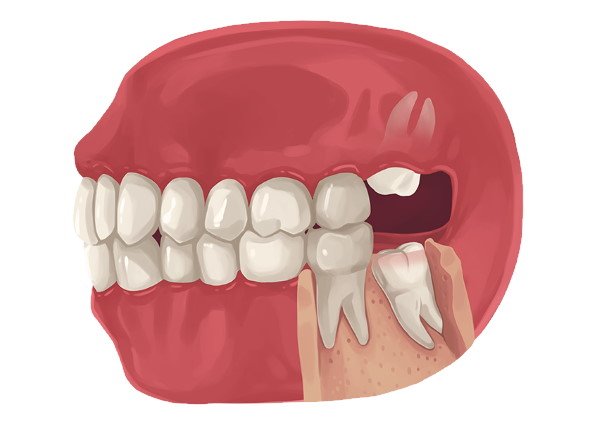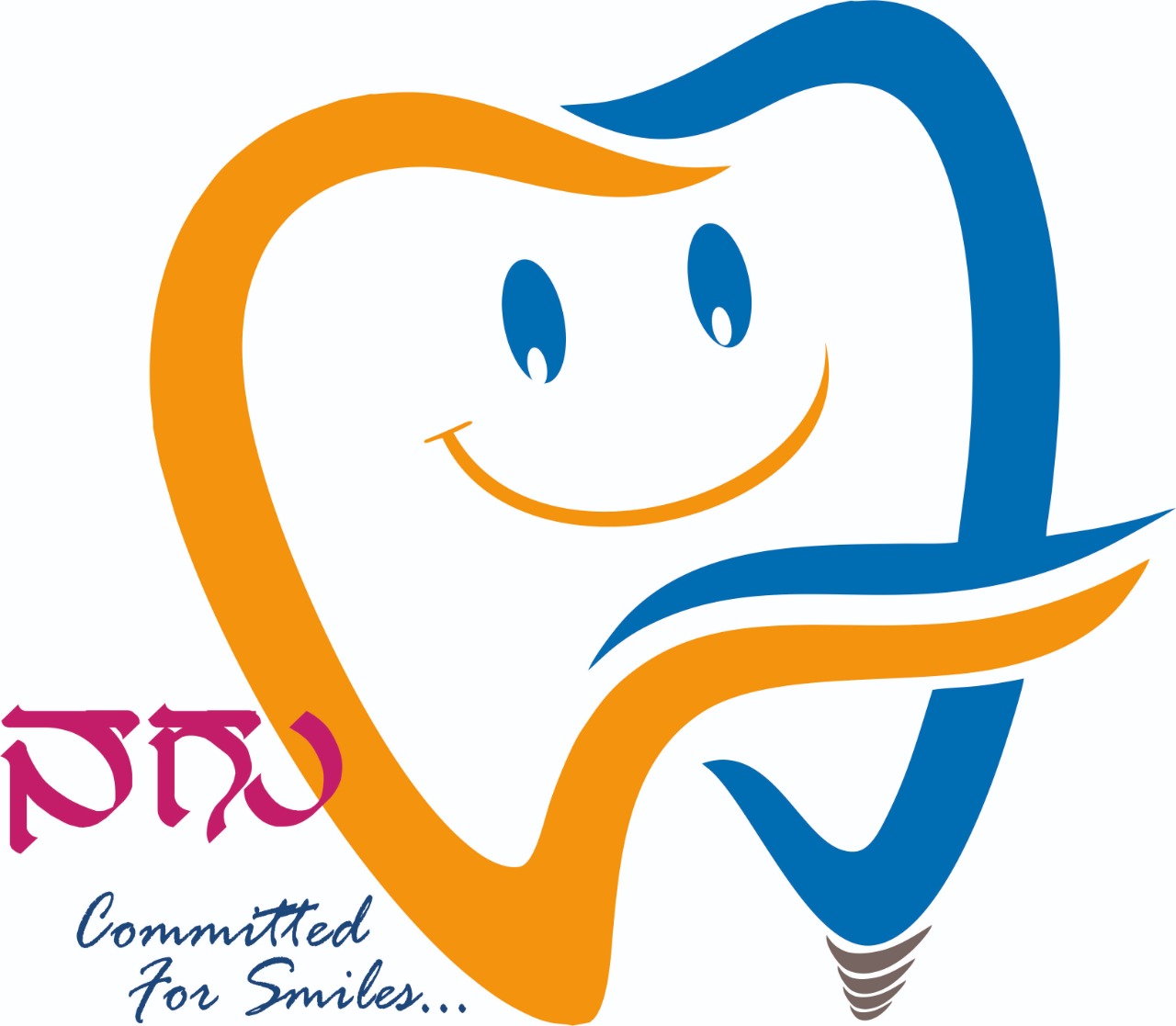WISDOM TEETH REMOVAL TREATMENT NEAR CHANNAPATNA
- 9 months ago
- WISDOM TEETH REMOVAL NAER APPAGERE CHANNAPATNA ,
- Wisdom Teeth Removal Treatment Channapatana ,
- Best Invisible Braces Treatment Channapatana ,
- Doctor for Crowns Bridges Treatment Channapatana ,
- Best Doctor for Cosmetic Dental Treatment Channapatana ,
- ORTHODONTICS IN CHANNAPATNA ,
- DENTAL IMPLANTS IN CHIKALSANDRA ,
- Best Doctor for Teeth Whitening Treatment Channapatana ,
- BEST DENTAL IMPLANTS NEAR KUVEMPU NAGAR ,
- Invisible Braces Treatment Channapatana ,
- Dental Implants Treatment Channapatana ,
- Doctor for Orthodontics Treatment Channapatana ,
- Orthodontics Treatment Channapatana ,
- Doctor for Dental Implant Treatment Channapatna ,
- Best Root Canal Treatment Channapatana

contact:+919901344447
Wisdom teeth removal, also known as third molar extraction, is a common dental procedure. Wisdom teeth are the last set of molars to emerge, usually appearing in late adolescence or early adulthood.
Here's what you should know about wisdom teeth removal:
-
Why Remove Wisdom Teeth: Often, there isn't enough space in the mouth for wisdom teeth to properly emerge. This can lead to various issues such as impaction (when the tooth is blocked from emerging fully), misalignment, crowding, infection, or damage to neighboring teeth.
-
Consultation: If your dentist or oral surgeon suspects issues with your wisdom teeth, they will likely recommend an X-ray to assess their position and whether extraction is necessary.
-
Preparation: Before the procedure, your dentist or oral surgeon will provide you with specific instructions. This may include fasting before surgery, arranging for transportation home if you'll be under anesthesia, and discussing any medications you're taking.
-
Anesthesia: Wisdom teeth removal can be done under local anesthesia, where only the immediate area is numbed, or under general anesthesia, where you're unconscious during the procedure. The choice depends on factors such as the complexity of the extraction and your personal preference.
-
Extraction Procedure: During the procedure, your dentist or oral surgeon will make an incision in the gum tissue to expose the tooth and bone. They may need to remove bone blocking access to the tooth root and then divide the tooth into sections for easier removal. Once the tooth is extracted, they'll stitch the gum tissue closed if necessary.
-
Recovery: Recovery time varies depending on the complexity of the extraction and your body's healing ability. You may experience some swelling, discomfort, and bleeding immediately after the procedure, which can be managed with pain medications and ice packs. Follow your dentist's instructions for proper care, which may include eating soft foods, avoiding vigorous rinsing or sucking through a straw, and keeping the extraction site clean.
-
Complications: While complications are rare, they can include infection, dry socket (when the blood clot that forms in the socket after extraction becomes dislodged), nerve damage, or sinus problems if the upper wisdom teeth are close to the sinuses.
-
Follow-up: Attend any scheduled follow-up appointments with your dentist or oral surgeon to ensure proper healing and address any concerns.
Remember, wisdom teeth removal is a routine procedure, and your dentist or oral surgeon will guide you through each step to ensure a smooth experience and optimal outcome.
